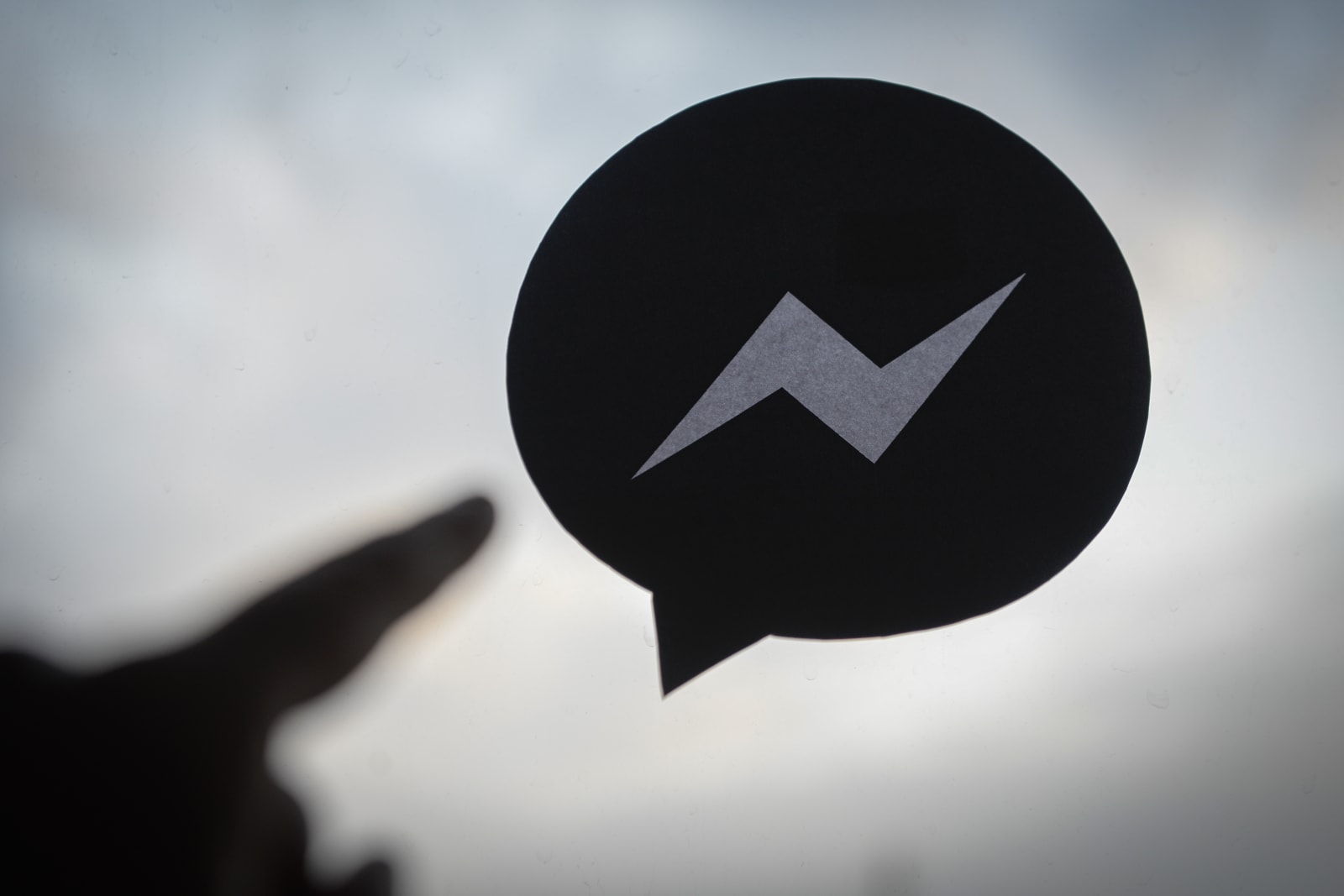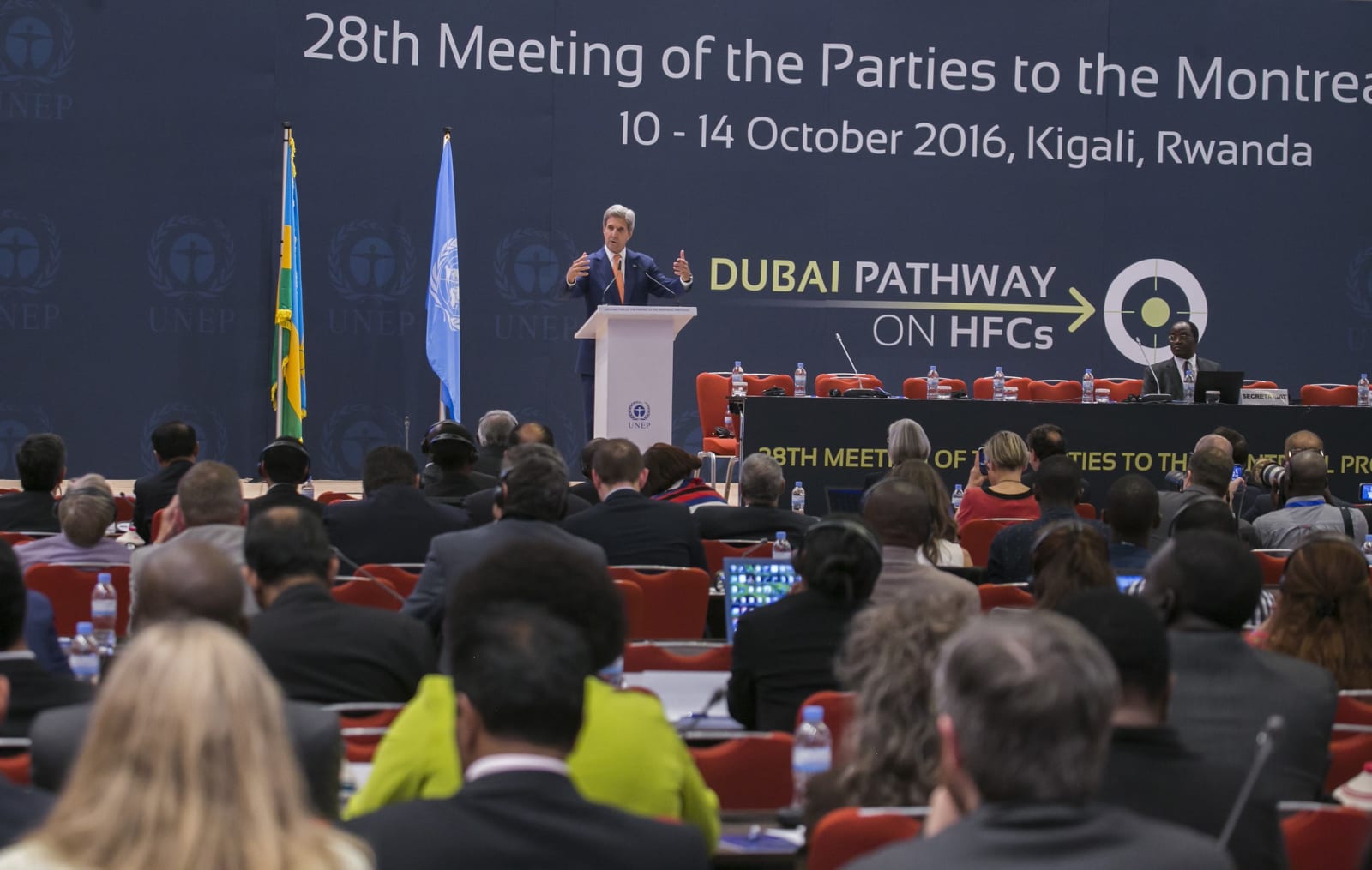
As anticipated, several countries pushed to expand the UN's authority to regulate the internet and the US, along with many of its allies, have said they will not sign the updated treaty. Interestingly, the collapse of negotiations began when language was added to the new rules about "human rights obligations," which predictably met with stiff resistance from nations with spotty records on that front, including China and Iran. But the complete failure of the delegates to reach a consensus on updating international telecommunication laws seems to hinge primarily on the push by countries like Russia open the internet to additional UN regulation, that could cover everything from security to the assignment of addresses (something currently handled by ICANN). The US, along with Canada, the UK, Netherlands, New Zealand, Denmark, Sweden, Poland, and the Czech Republic have refused to sign the treaty over to the proposed expansion of powers.
The proposed change would, in effect, give the UN and other nations regulatory control over content. The concern is that it would open up the web to broader censorship and abuse from oppressive regimes seeking to control information and squash dissent. For now it seems as if the status quo will continue, though, any internet treaty coming out of the UN would likely face stiff opposition from the US, even without the content-related language.
Filed under: Internet
Comments
Source: CNET, Reuters, Reuters
 A cross-Atlantic political agreement could put social networks in an awkward position. Sources for The Times and Bloomberg understand that the US and UK will sign a treaty in October that would force Facebook and other social networks to hand encryp...
A cross-Atlantic political agreement could put social networks in an awkward position. Sources for The Times and Bloomberg understand that the US and UK will sign a treaty in October that would force Facebook and other social networks to hand encryp...
 A cross-Atlantic political agreement could put social networks in an awkward position. Sources for The Times and Bloomberg understand that the US and UK will sign a treaty in October that would force Facebook and other social networks to hand encryp...
A cross-Atlantic political agreement could put social networks in an awkward position. Sources for The Times and Bloomberg understand that the US and UK will sign a treaty in October that would force Facebook and other social networks to hand encryp...
 The treaty phasing out the use of Earth-warming hydrofluorocarbons now has an official start date. Sweden has become the 20th country to ratify the Kigali Amendment, invoking a clause that has the measure taking effect on January 1st, 2019. From th...
The treaty phasing out the use of Earth-warming hydrofluorocarbons now has an official start date. Sweden has become the 20th country to ratify the Kigali Amendment, invoking a clause that has the measure taking effect on January 1st, 2019. From th...

 The US and EU have published a big pile of documents that spill the beans on the pair's replacement for Safe Harbor. The new provision is known as the EU-US Privacy Shield and is designed to limit how much personal data the NSA (amongst others) can a...
The US and EU have published a big pile of documents that spill the beans on the pair's replacement for Safe Harbor. The new provision is known as the EU-US Privacy Shield and is designed to limit how much personal data the NSA (amongst others) can a...
 Arms control treaties already do a lot to prevent extreme abuses of real-world weaponry, so why shouldn't they apply to virtual conflicts? The US and China certainly think that makes sense. According to sources speaking to the New York Times, the t...
Arms control treaties already do a lot to prevent extreme abuses of real-world weaponry, so why shouldn't they apply to virtual conflicts? The US and China certainly think that makes sense. According to sources speaking to the New York Times, the t...









